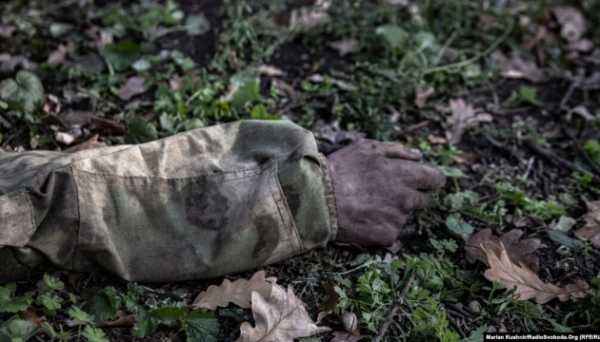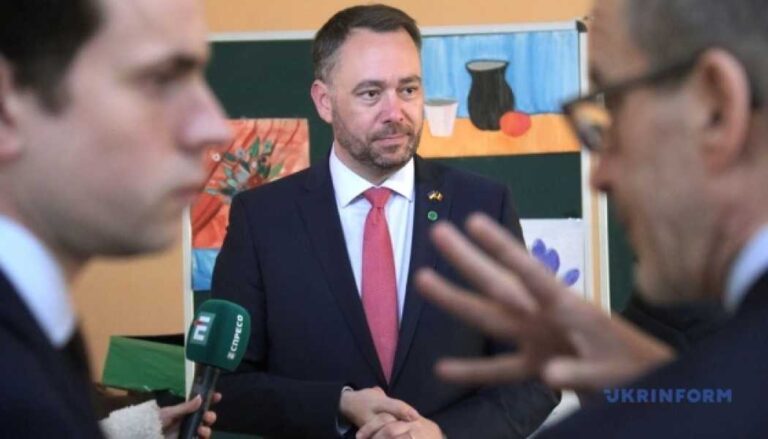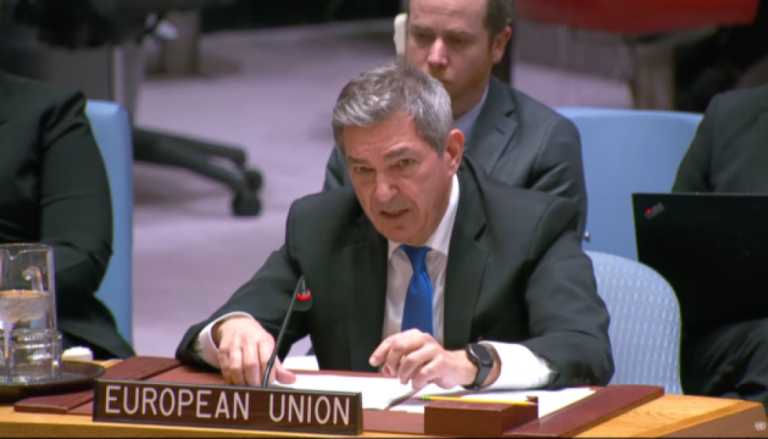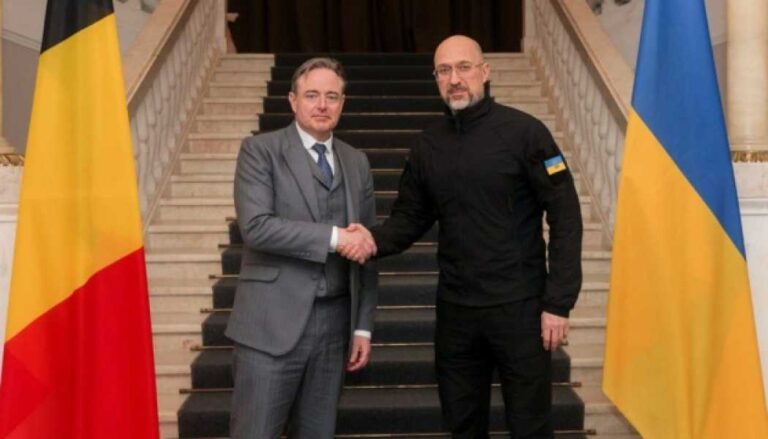Russian losses in Ukraine wipe out its advantage in Baltics – report

That’s according to the Stars and Stripes publication that referred to an expert report, as seen by Ukrinform.
"Russia has effectively lost its position of power and the capacity to threaten its neighbors with projections of military power," one of the expert conclusions states.
The war that the Russian Federation has been waging against Ukraine has greatly damaged its army and now calls into question the Kremlin's ability to maintain a significant force on its western flank, on the border with NATO. The study claims that Moscow's strategic goal of turning the Kaliningrad region into a launching pad to dominate the central part of the Baltic region "has effectively been canceled."
Read also: President of Latvia: EU should look for shells for Ukraine outside Eure
At the same time, Ukraine's ability to attack Russian military infrastructure around Crimea has exposed weaknesses of Russia’s coastal defense weapon systems. The same vulnerabilities also apply to the Russian military along the Baltic coast.
In addition, Russian military units and formations, which it previously maintained in the western regions, have been decimated after their Ukraine deployment, and whatever the sce of the outcome of the war in Ukraine, Russia will not be able to rebuild military superiority in the Baltic erational theater or even set an approximate balance of forces with NATO, the report notes.
Moscow could be forced to rely more on long-range missiles and talk up its nuclear capability for deterrence purposes, to make up for its conventional military disadvantages, the report notes.
As reported earlier, the Baltic region has for years been in NATO’s focus as the Alliance has strengthened its posture in the region against the background of Russia’s increased military presence along the border. After the initial Russian invasion of Ukraine in 2014, the NATO presence in the Baltic region changed significantly. Even greater changes flowed Russia’s full-scale incursion into Ukraine in 2022.
Source: ukrinform.net



